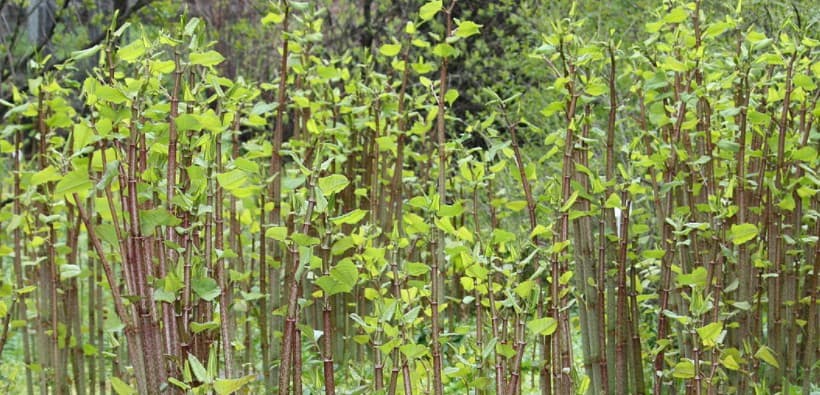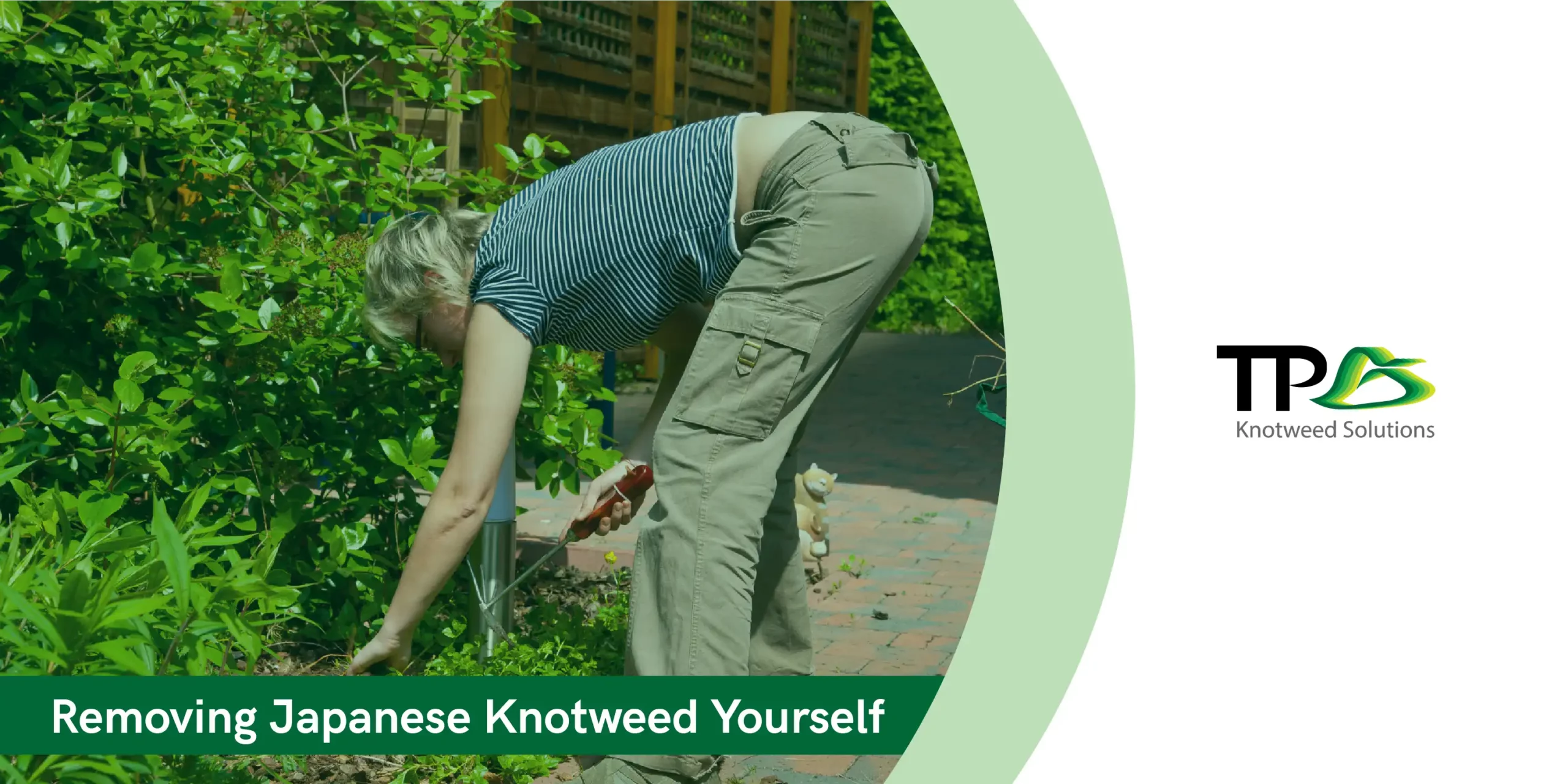A garden is a labour of love. To the casual observer, it might not look like anything more than a plot of earth. Your marigolds might turn a few heads; perhaps a passer-by will comment on the paving stones leading across the lawn, or the smell coming from your bed of jasmine.
Your garden is your sanctuary, yet new powers granted in the Infrastructure Act mean that anyone who doesn’t regulate the survival of invasive species on their land will find themselves powerless to prevent the council from entering their private property to do this for them.
Council intervention
The powers can be enforced by either the Environment Agency, Natural England or Forestry Commissioners, who will either force landowners to remove invasive species or enter the property themselves to undertake the task, depending on how extreme the infestation is. Furthermore, anyone seeking to prevent the council from carrying out these duties suffers risk of prosecution themselves.
The threat
Invasive species pose a huge risk to Britain’s native wildlife, outcompeting native flora and fauna for resources and reproducing rapidly in the absence of natural predators. In some instances invasive species also threaten property integrity, road structure and financial security, depending on the pests in question and the severity of the infestation.
Japanese knotweed
Japanese knotweed is one such plant species. Perhaps you have tried ineffectually to remove it from your garden yourself, or perhaps you haven’t identified it as an invasive species at all; it was first imported by green-fingered Victorians for its aesthetic appeal, after all. But its reputation as Britain’s top invasive weed is built on the back of horror stories describing the weed’s aptitude for destruction.
Resilient and fast-growing, these stories are not undeserved. In the summer months, bamboo-like stems can reach heights of around 3 metres, inconsiderate of concrete, tarmac, underground drainage or housing foundations. These changes are obviously positive to anyone where their neighbour has Japanese knotweed, and may be in a dispute.
Professional help
Conventional means to remove the plant are largely ineffective. In fact, such attempts often help spread the weed across and between premises. Professional Japanese knotweed removal specialists are usually required to eliminate the weed in a process that can take as long as three years.
With invasive species such as Japanese knotweed threatening to spread between properties and developments, it is unsurprising that the council has taken their elimination seriously. The best solution for homeowners is to regulate the survival of invasive species through the services of an expert organisation. This effectively solves the problem before the council need to intervene, and ensures that your private property remains uncompromised, your haven unspoiled – by invasive species or anyone else.
If you are concerned about Japanese knotweed on your property, call our specialists on 0800 389 1911 or contact us for a site survey.




